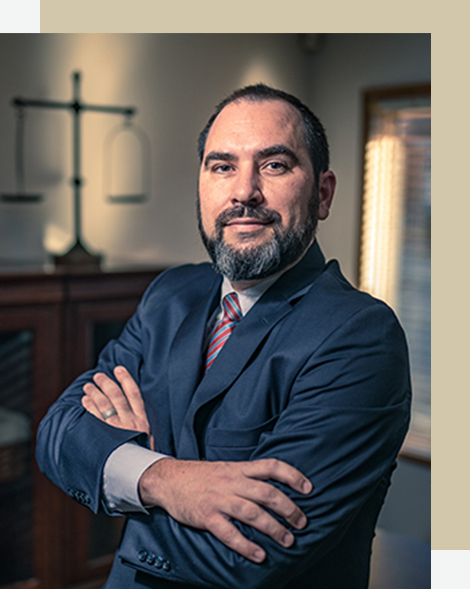Tired drivers often find it inconvenient to pull over and get some rest before continuing to their destination. For this reason, many try to power through the seductive waves of sleep forcing their eyelids down. Sadly, many drive negligently while battling the sandman or fall asleep just long enough to cause a crash. Car driver fatigue has disastrous effects. Fatigued driving is something many drivers have done without causing a crash. For this reason, it continues to be a problem. It is similar to texting or drinking while driving—many people do it even though they are familiar with the danger. The it-can't-happen-to-me attitude is strong with drivers who drive while fatigued. For more information, please contact our car accident attorneys.
Fatigued Driving: A Nationwide Problem
Every safety agency recognizes driver fatigue as a problem. The Centers for Disease Control (CDC), the National Highway Transportation Safety Agency (NHTSA), and the National Safety Council (NSC) all have websites, literature, and other resources dedicated to addressing the dangerous practice of driving while fatigued. How bad is the problem? According to the NHTSA, over 600 deaths related to drowsiness occurred on the highway annually in the past few years. Sadly but fortunately, these fatalities are preventable, as are the injury crashes that fatigued drivers cause.Causes of Fatigued Driving
Although it seems the solution to driver fatigue is simple, the truth is various factors may play a role in driver fatigue cases. Regardless of the cause, these drowsy drivers are responsible for the injuries they cause. A car accident attorney can help injury victims demand compensation for the losses they suffer. The following are some reasons why fatigued driving continues to be a problem.Lack of Sleep
Lack of sleep is a significant factor in fatigued driving crashes. According to most sleep research, adults need about seven or eight hours of sleep each day, but many do not achieve this number. Work or commerce is often an impetus to drive while fatigued. Workers scrambling to complete tasks may put the lives of others at risk to get the job done. For example, commercial vehicle drivers are under strict state and federal guidelines regarding permissible hours behind the wheel. To police these rules, many commercial drivers must keep log books that detail every hour they spend behind the wheel or out of service. Unfortunately, drivers frequently forge log books or fail to fill them out in the first place. Driving more hours than legally allowed can lead to driving fatigued.Medication
Medications come with warnings to protect consumers as well as others around them. Many have warnings about drowsiness and driving. However, the not-going-to-happen-to-me attitude with medications and driving leaves many people fighting the effects of medication while on the road. Although many of the medications prescribed or available OTC today will not make drivers too tired to drive, there are still quite a few that will, even if only for a short time after taking. Additionally, many medications may cause drowsiness when combined with other substances but not alone. Some of the common medications that cause drowsiness include:- Various sleep aids such as Benadryl, Unisom, melatonin, and sleeping pills
- Certain types of blood pressure medication
- Antihistamines
- Opioids
Sleep Deprivation and Sleep Disorders
According to the Centers for Disease Control (CDC), between 29.3 percent and 42.8 percent of adults regularly don’t get enough sleep at night. This lack of sufficient hours of sleep takes its toll. Sleep-deprived individuals experience drowsiness throughout the day along with various other problems, such as:- Loss of focus
- Reduced strength
- Memory lapses
Recognizing Driver Fatigue
You can recognize driver fatigue by the fatigued drivers' actions. As you might imagine, many of the mistakes they make are similar to those made by drunk drivers, who also have reduced driving capabilities. These actions include:- Failure to stay in their lane or driving over rumble strips and on the shoulder
- Slow reaction time to traffic lights
- Swerving
- Driving too slowly
- Tailgating
- Yawning
Holding Fatigued Drivers Accountable
Fatigued driving is a strong predictor of future negligence. If you are injured due to driver fatigue, you likely have a solid claim for compensation and should speak with an experienced car accident attorney to explore the totality of the compensation available to you. Once you contract their services, your car accident lawyer will begin gathering and reviewing evidence that shows the other driver was distracted. Depending on your situation, different types of evidence could suffice, such as:- A commercial driver’s work schedule and log books
- Eyewitness testimony
- The police report
- Video footage and photos
- Crash-scene analysis
- Medical treatment costs
- Replacement of lost wages
- Pain and suffering
- Disability
- Disfigurement
- Loss of society
- End-of-life expenses in cases of wrongful death
